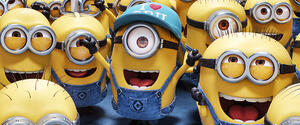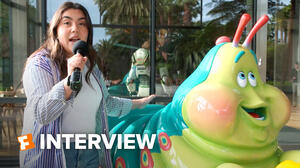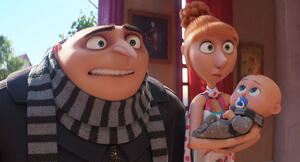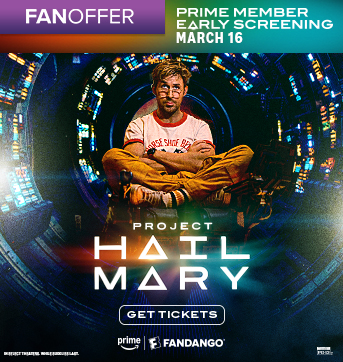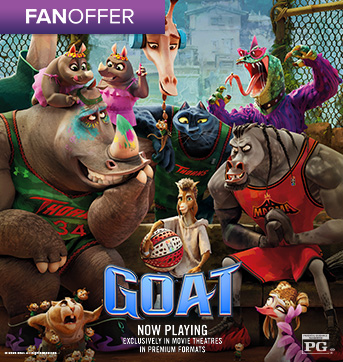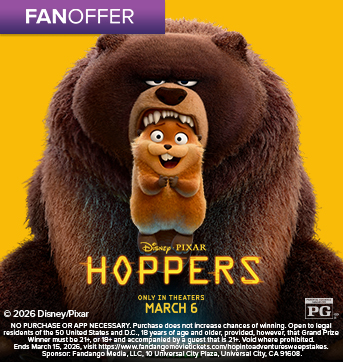
“They asked me if I cried,” he said, holding my hand beneath the large oak tree just beyond the playground.
“Did you?” I asked.
“Yes,” he said. “I cried a lot.”
It was the day after we had attended the premiere of Pixar’s The Good Dinosaur, and his tears were news to me. In the theater he had been sitting on the other side of his older brother, who at 12-years-old had clung to my arm in the soft, gray dark like the world was trying to pull us apart, and I suppose from his vantage point that it was. I had no idea that between the echoes of popcorn and laughter my 9-year-old was just a seat away dropping teardrops in his Fanta, something he apparently had shared with his classmates.
“What part made you cry?” I asked.
“Lots of parts, but especially when the daddy died.”
And there it was. Again. Another family film with the death of a parent as the catalyst for adventure and the subsequent coming of age—something so commonplace that I don’t even need to add a spoiler alert. We would be surprised if it didn’t happen.
“That was pretty sad,” I told him.
“Mommy cried, too.” That I already knew, because she always does, and unlike him she had told me. Also, she had lost her own father not long ago and I felt that wound open the moment the music loomed beneath the added weight of a pound or two. That’s the trouble with life and movies, sometimes they blur upon the silver screen to the point that we forget the story unfolding is not ours reopening. I’m pretty sure that movies are made like that on purpose.
What I don’t know is why.
I have a theory, and in the case of The Good Dinosaur it definitely holds true, that conflict serves, obviously, to drive the story, but the loss of a parent, often with strings of guilt attached, forces the fate of the hero in a way that no other action can. To borrow a message from Pixar’s other release this year, Inside Out, sadness adds an amazing strength to joy, and the two are always up to something. And as we all know, Pixar specializes in feelings, especially those tear-jerker moments.
And now I’m going to be that guy that quotes his own book, because I have covered this topic before. In The Parents’ Phrase Book I wrote:
Fortunately, despite the deadly plot lines, the percentage of young children who lose a parent [to death] in reality is relatively small. And there are actually many lessons we can all learn from films like this. Films that have loss as a component of their story can help teach children to overcome adversity and tragedy, and live their lives to the fullest. After all, the best way to honor the dead is by living.
I still believe that. Sure, the Internet likes to spend its time complaining about yet another parent’s death and how unrealistic and unnecessary it is, but how many Oscars has the Internet won? Besides, just because the death of a parent isn’t one child’s reality doesn’t mean that it isn’t all too real for another, and if the onscreen family dynamic helps those kids cope even a little bit better, isn’t that something akin to necessary?
“I cried when Arlo and Spot were talking about their families,” he said.
“That’s because you felt empathy,” I told him. “That’s a wonderful quality to have.”
“I laughed a bunch. Especially when Spot was peeing.”
“I laughed at that, too,” I agreed. “I laughed really, really hard.”
“The Good Dinosaur sure has a lot of emotions,” he said. “I like when movies do that.”
Then we walked home, still holding hands, and we talked about it.

